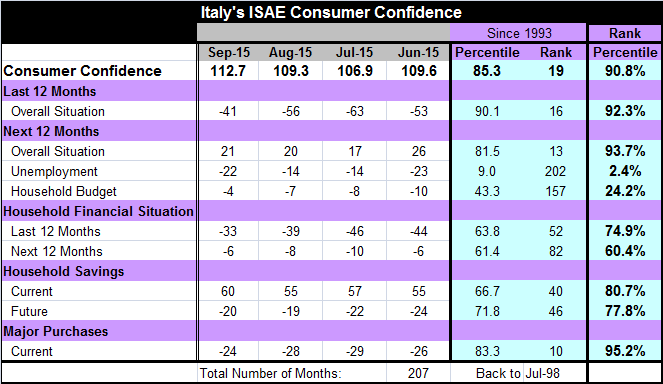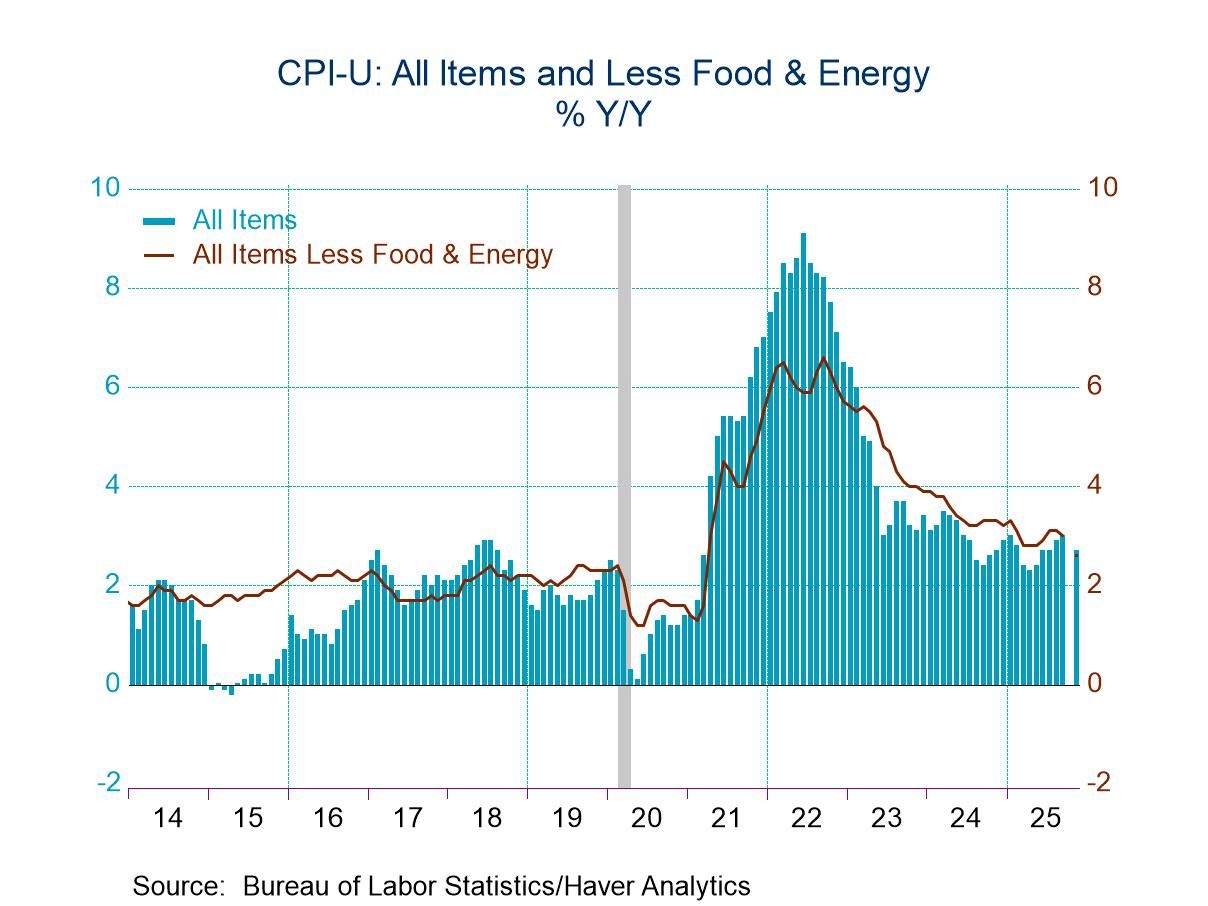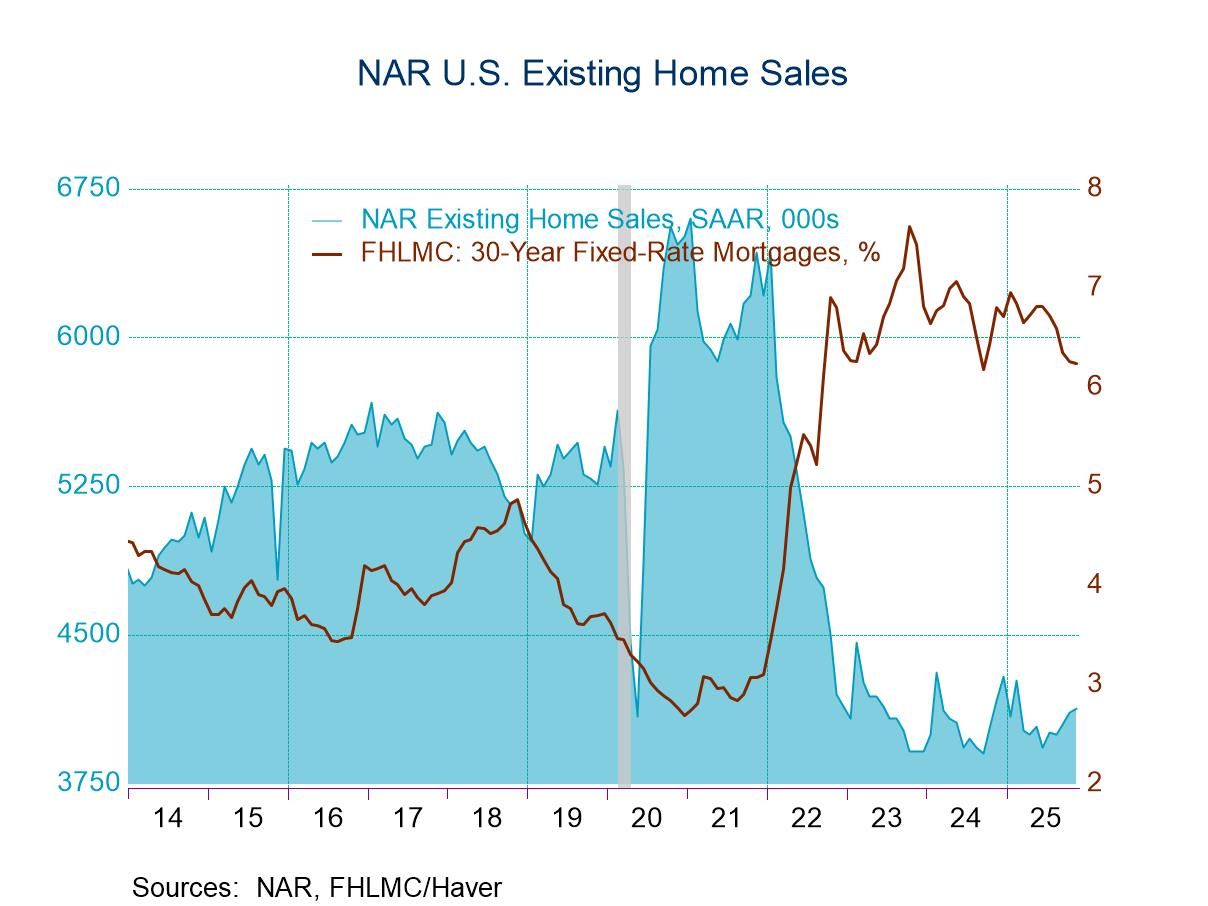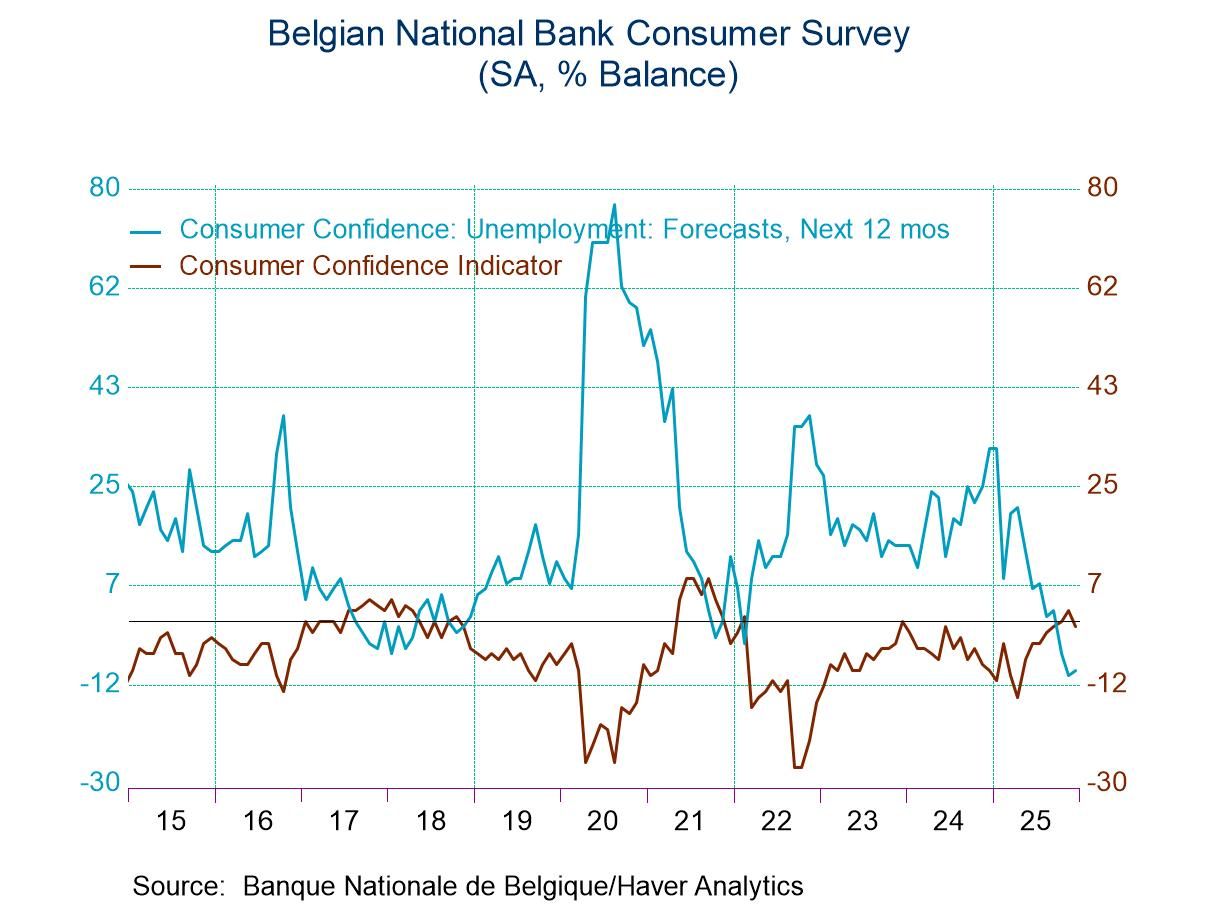 Global| Sep 28 2015
Global| Sep 28 2015Italian Confidence Makes Strong Gains; Strongest Level for Confidence since March 2002
Summary
Italian consumer confidence rose sharply to 112.7 in September from 109.3 in August. The monthly change in confidence marks a substantial rise that has been larger only 15 times in the last 248 months, making it a top 7% event. The [...]
 Italian consumer confidence rose sharply to 112.7 in September from 109.3 in August. The monthly change in confidence marks a substantial rise that has been larger only 15 times in the last 248 months, making it a top 7% event. The level of confidence sits in the top-ten percentile at the 90.8% mark of its historic queue. Italian confidence is popping its cork while the rest of the world is struggling.
Italian consumer confidence rose sharply to 112.7 in September from 109.3 in August. The monthly change in confidence marks a substantial rise that has been larger only 15 times in the last 248 months, making it a top 7% event. The level of confidence sits in the top-ten percentile at the 90.8% mark of its historic queue. Italian confidence is popping its cork while the rest of the world is struggling.
The overall situation over the past 12 months has improved to a -41 reading in September from -56 in August. That has boosted the level of the overall situation to the 92.3 percentile of its historic queue of data, a very strong reading.
In contrast, the overall situation expected over the next 12 months has improved by very little, rising to 21 from 20. Nevertheless, it remains strong, sitting in the 93.7 percentile of its historic queue of data. Despite the huge improvement over the previous 12 months, there is very little change in the expected outlook.
Unemployment expectations over the next 12 months have fallen sharply to -22 in September from -14 in August, driving that fear down to the lower 2.4% of its historic queue of responses. Clearly, one thing driving Italian confidence is a much reduced fear of unemployment.
Household budgets, however, have a much weaker standing in the lower 24th percentile of their historic queue of readings. Consumers have seen a lesser likelihood of unemployment and see the overall situation as improving, but their budgets are stuck in a very low reading.
Households rated their financial situation over the past 12 months as stronger, improving from -39 in August to -33 in September and posting a 74th percentile standing, a moderate position. But over the next 12 months, the financial situation is up to -6 from -8, to only a 60th percentile standing. The future is not showing a very robust reading. The response to queries on the budget and on personal financial conditions suggests that Italians have found a way to better times near term, but recognize that their longer term goals are still at risk.
The household saving environment has about an 80th percentile standing for both the current and the future ratings. The current environment for making a major purchase has improved to -24 in September from -28 in August. Whatever else is lagging for Italian consumers, the ability to make major purchases scores the highest reading of all with a 95.2 percentile standing. This reading has been higher historically less than 5% of the time. But does this represent a `live for today mentality' since the budget and financial conditions assessments are still lagging?
In summary, Italian consumer confidence is up sharply in September. Italian consumer confidence is way out ahead of Italian business confidence, which has, roughly, a 70th percentile standing. Spending conditions are rarely considered better. Italian consumers are no longer concerned about the prospect of being unemployed. Fears have been replaced with hopes. Yes, they rate their budgets poorly and give their current and future financial situations very moderate readings. Yet, when we wrap all this up into one index, Italian consumers have claimed to have been better off less than 10% of the time over the past 20 years. Despite struggles with growth in the EMU and the migrant crisis that is greatly affecting some European countries, Italy shows significant improvement and confident consumers.

Robert Brusca
AuthorMore in Author Profile »Robert A. Brusca is Chief Economist of Fact and Opinion Economics, a consulting firm he founded in Manhattan. He has been an economist on Wall Street for over 25 years. He has visited central banking and large institutional clients in over 30 countries in his career as an economist. Mr. Brusca was a Divisional Research Chief at the Federal Reserve Bank of NY (Chief of the International Financial markets Division), a Fed Watcher at Irving Trust and Chief Economist at Nikko Securities International. He is widely quoted and appears in various media. Mr. Brusca holds an MA and Ph.D. in economics from Michigan State University and a BA in Economics from the University of Michigan. His research pursues his strong interests in non aligned policy economics as well as international economics. FAO Economics’ research targets investors to assist them in making better investment decisions in stocks, bonds and in a variety of international assets. The company does not manage money and has no conflicts in giving economic advice.






